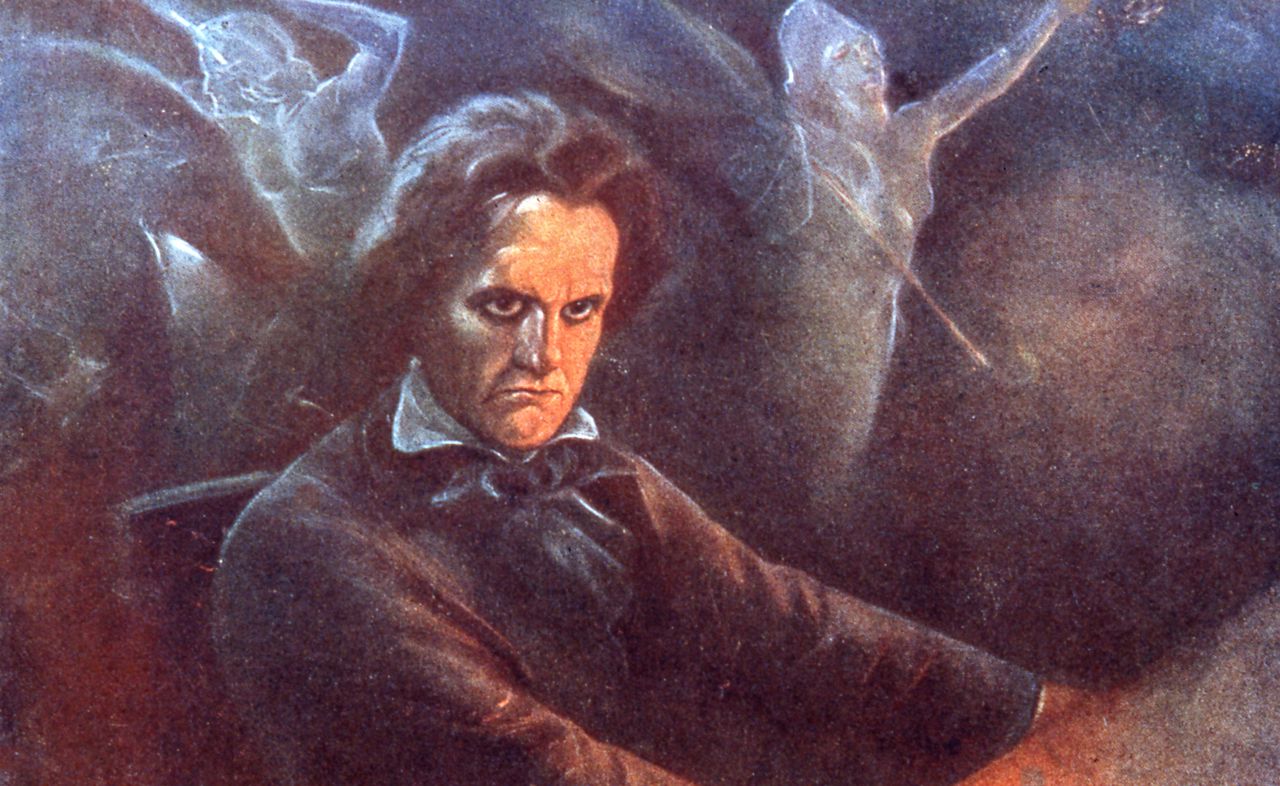How did Beethoven die? DNA from locks of hair shines surprising light on ancestry
A new study published Wednesday made several conclusions in regard to Ludwig van Beethoven’s ancestry and medical history.
The genomic analysis examined DNA from eight locks of hair attributed to the legendary composer.
Scientists found, among other things, that Beethoven had a genetic predisposition for liver disease, as well as a liver-damaging hepatitis B infection in the months prior to his death.
These factors, along with Beethoven’s regular drinking, present “plausible explanations” for his death in 1827, said the authors of the study in the journal Current Biology.
Of the eight locks studied, one was a prominent historical artifact known as “Hiller’s Lock,” which had been studied previously and made the subject of a documentary and bestselling book.
Studies of the lock had suggested that Beethoven could have died from lead poisoning. However, in this most recent analysis, the researches found the lock had not belonged to Beethoven, but instead a woman of Ashkenazi Jewish descent.
Additionally, a family in Belgium who thought they were related to Beethoven and who share his surname are actually not directly related to him, according to the analysis.
The cause of this surprise was due to an “extra-pair-paternity event” found in Beethoven’s patrilineal ancestry, linked to the individuals’ Y chromosomes.
The belief is that Ludwig van Beethoven’s grandmother may have had an extramarital relationship which led to the birth of his father, says Maarten Larmuseau, a co-author of the study and a professor of genetic genealogy at the University of Leuven in Belgium.
Researchers were not able to find answers relating to Beethoven’s mysterious hearing loss that occurred in his 20s, or the gastrointestinal problems which plagued him throughout his life, but they did rule celiac disease and lactose intolerance as unlikely causes.
———
©2023 New York Daily News. Visit nydailynews.com. Distributed by Tribune Content Agency, LLC.
